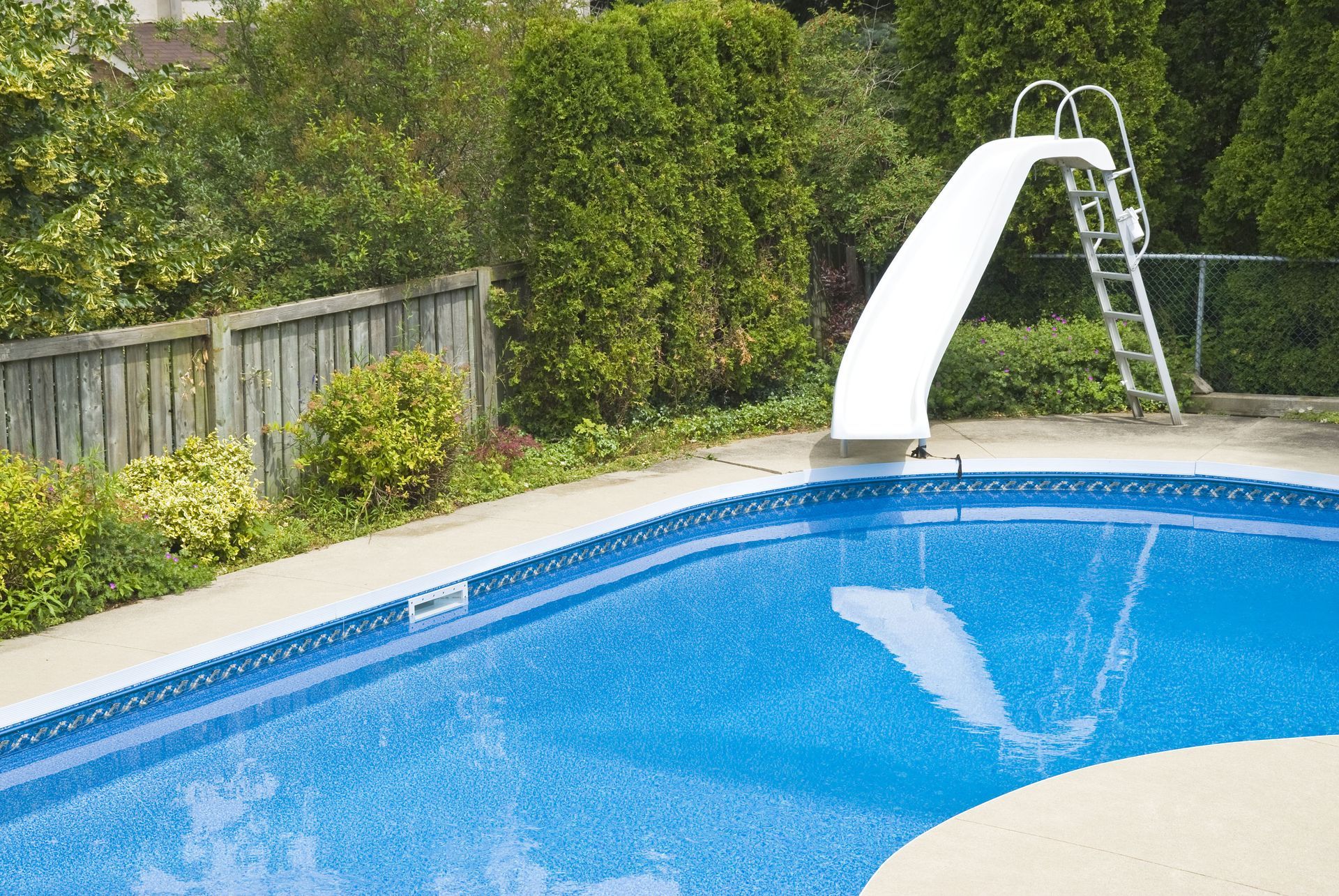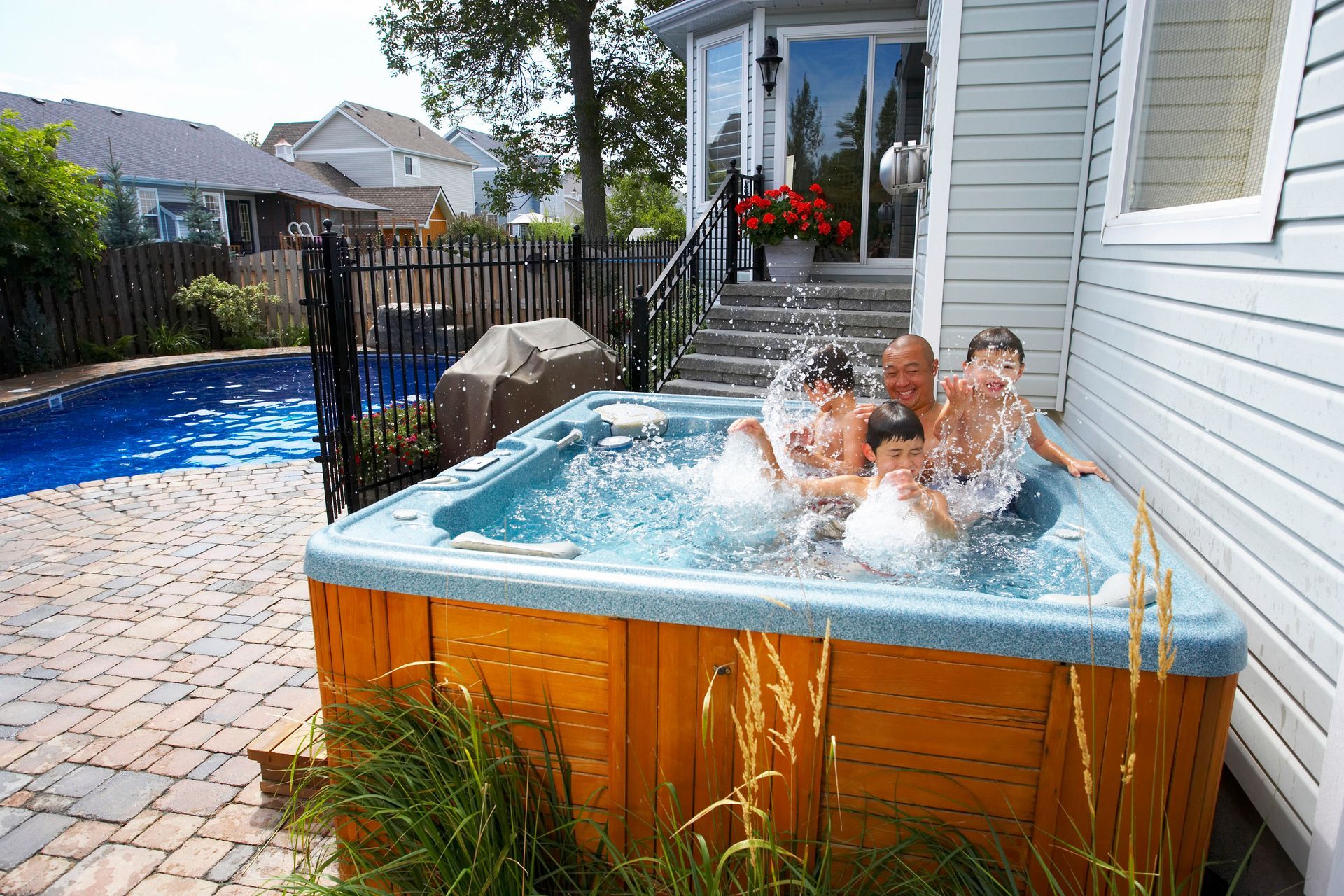The Importance of Chlorinating Your Swimming Pool
As a swimming pool owner, you have a responsibility to keep the pool as safe as possible. Pool safety involves more than just installing a good security fence and keeping it locked, though. There are other ways that a pool can be a threat as well. Pools can become a breeding ground for bacteria and pathogens if pool maintenance isn't prioritized. According to The Spruce, a good rule is to test the water pH levels in your pool at least three times a week during the swimming season. Keeping chemical levels right starts with chlorinating the pool properly. Let's look at a few reasons why chlorinating your pool is so important.
Disinfection
The number one role of the chlorine in the pool is that of disinfection. When multiple people spend time in water, bacteria will be collected. This is just the nature of human bodies. Bacteria are coming off of our bodies, from our noses, mouths, eyes, and ears. In addition to the bacteria coming off of people in the pool, standing water will grow bacteria on its own as well. This is a result of bacteria from animals, bugs, and even from the air. You must have chlorine present in order to mitigate the growth of all of these bacteria.
Preventing Algae
Another job of chlorine in the swimming pool is to prevent the growth of algae. Algae is a combination of microorganisms that will multiply rapidly in the right conditions. If algae is allowed to start growing at all, it can quickly take over the pool and leave it a gross green color. Algae growth can also threaten the structure of the pool if it's allowed to run wild.
Now that you know why you need chlorine in the pool, let's look at how it works to accomplish these things. When the chlorine comes into contact with some type of contaminant such as urine, sweat, oil, or dirt, it will oxidize the contaminants and break them down into something harmless. When you keep the swimming pool clean and free of contaminants, you're providing a safe swimming experience for everyone who swims. You’ll reduce the chances of swimmers contracting waterborne illnesses like swimmer's ear, skin infections, and stomach bugs. A swimming pool contractor can help you learn about pool maintenance.
These are just a few things you should know about chlorine and swimming pools. If you’re looking for a swimming pool contractor, please contact us today at FireMaster Inc.











Share On: